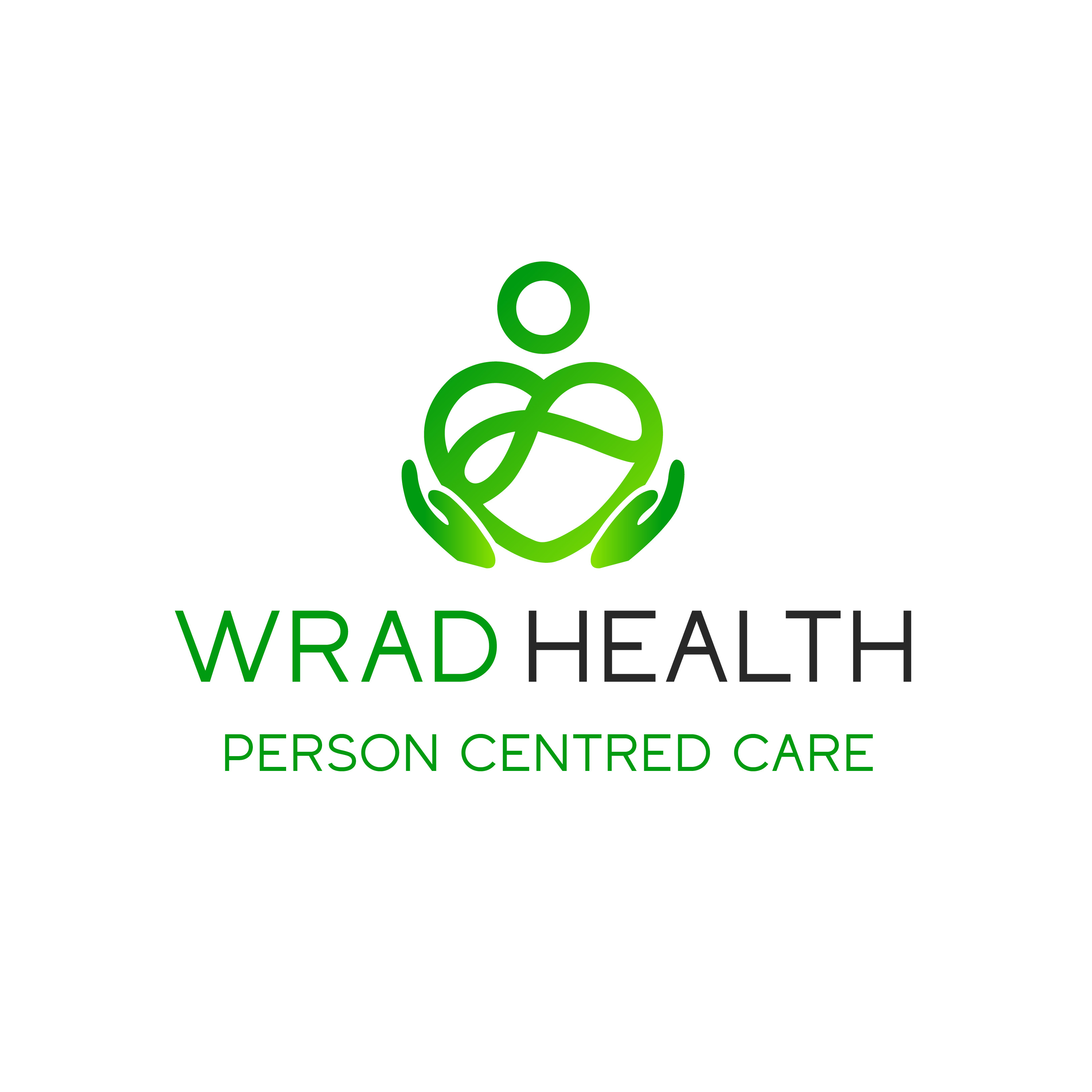

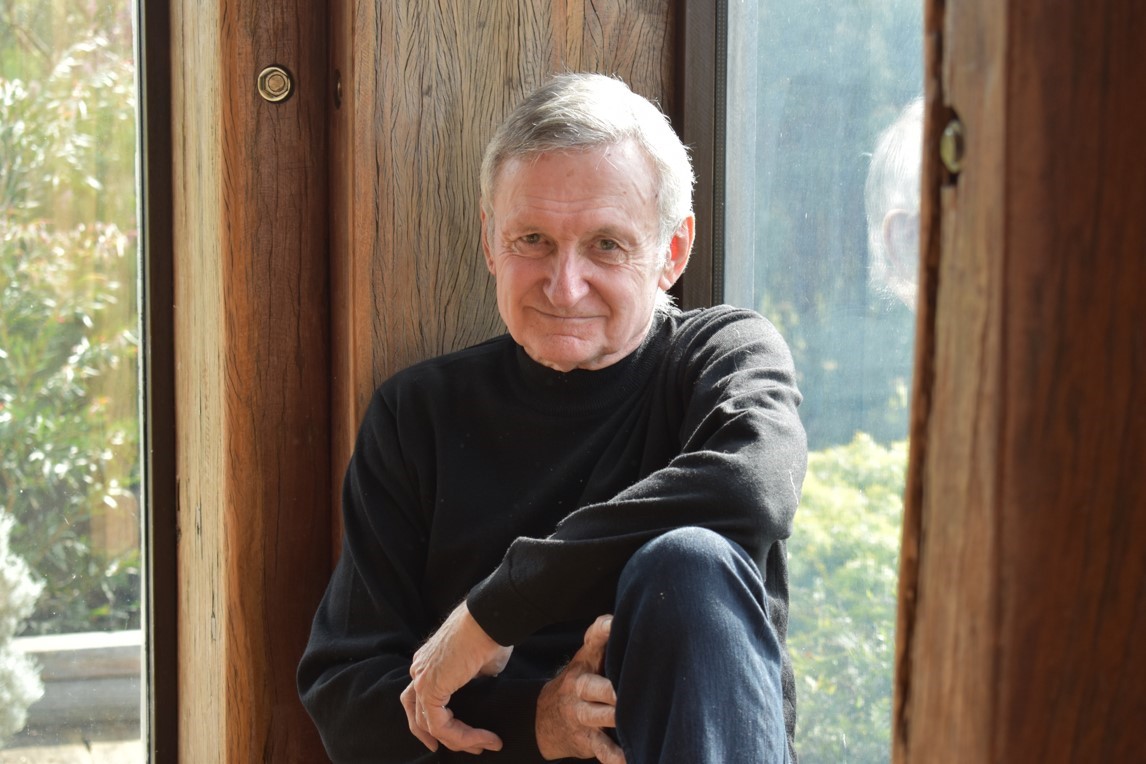
WRAD patrons Uncle Archie Roach and Paul Jennings will deliver messages of hope at this year’s annual general meeting on Monday, November 22.
Mr Roach will provide a video message to the AGM and one of his songs will be played, while Mr Jennings will read one of the winning entries in this year’s WRAD short story competition.
The AGM will be livestreamed from 5.30pm on www.wrad.org.au and YouTube at https://youtu.be/Kio4tZk8cGs.
Mr Jennings and Mr Roach were earlier this year announced as WRAD’s first patrons.
WRAD Director Geoff Soma said the patrons were helping to promote the organisation’s good work in the community.
“The AGM will celebrate a good year for WRAD across service delivery, quality improvement, partnerships and client engagements and outcomes,” Mr Soma said.
“Our staff continue to support the local community and clients and families with alcohol and other drug issues and those endeavours have been reinforced with the addition of our new patrons who will contribute to the AGM and share their messages of hope.”
Paul Jennings, AM, is a celebrated author who has written more than 100 stories and sold more than 10 million books. He was awarded a Life Time Achievement Award from the Children’s Book Council of Australia.
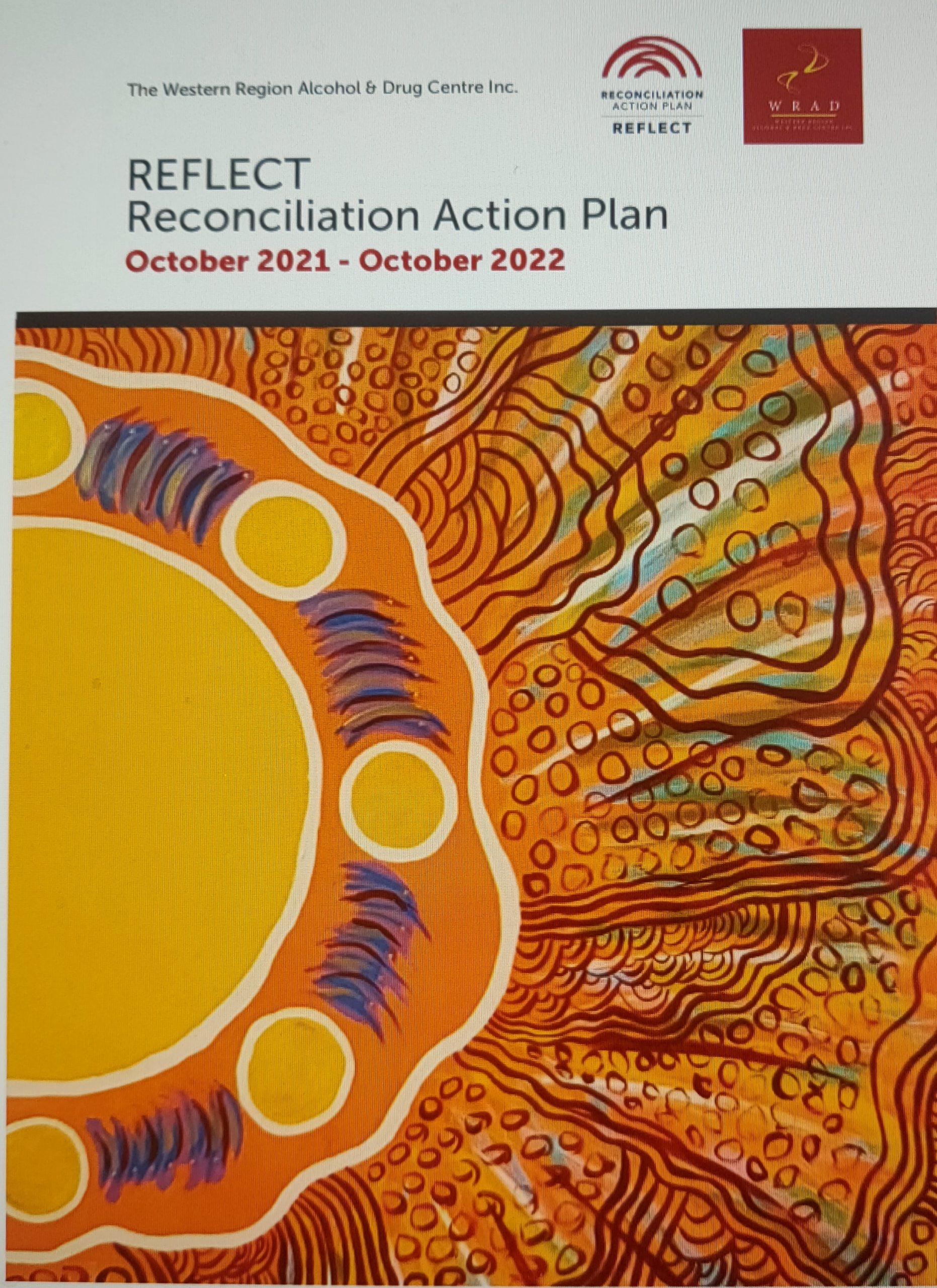
WRAD is delighted to be able to participate in the reconciliation program as we seek to promote optimal enjoyment of life for people of all gender, age, race, sex, sexual orientation, religion, ability, cultural or language backgrounds. We acknowledge the importance of creating a safe and welcoming place for all members of our community.
The ‘Reflect’ RAP represents our commitment to improve health outcomes for Aboriginal and Torres Strait Islander peoples and to develop meaningful and connected partnerships to achieve this. Our plan identifies key strategies and actions designed to achieve these important goals. We could not achieve this without a lot of support from within the community and thank all those that have helped us to start on this journey towards reconciliation.
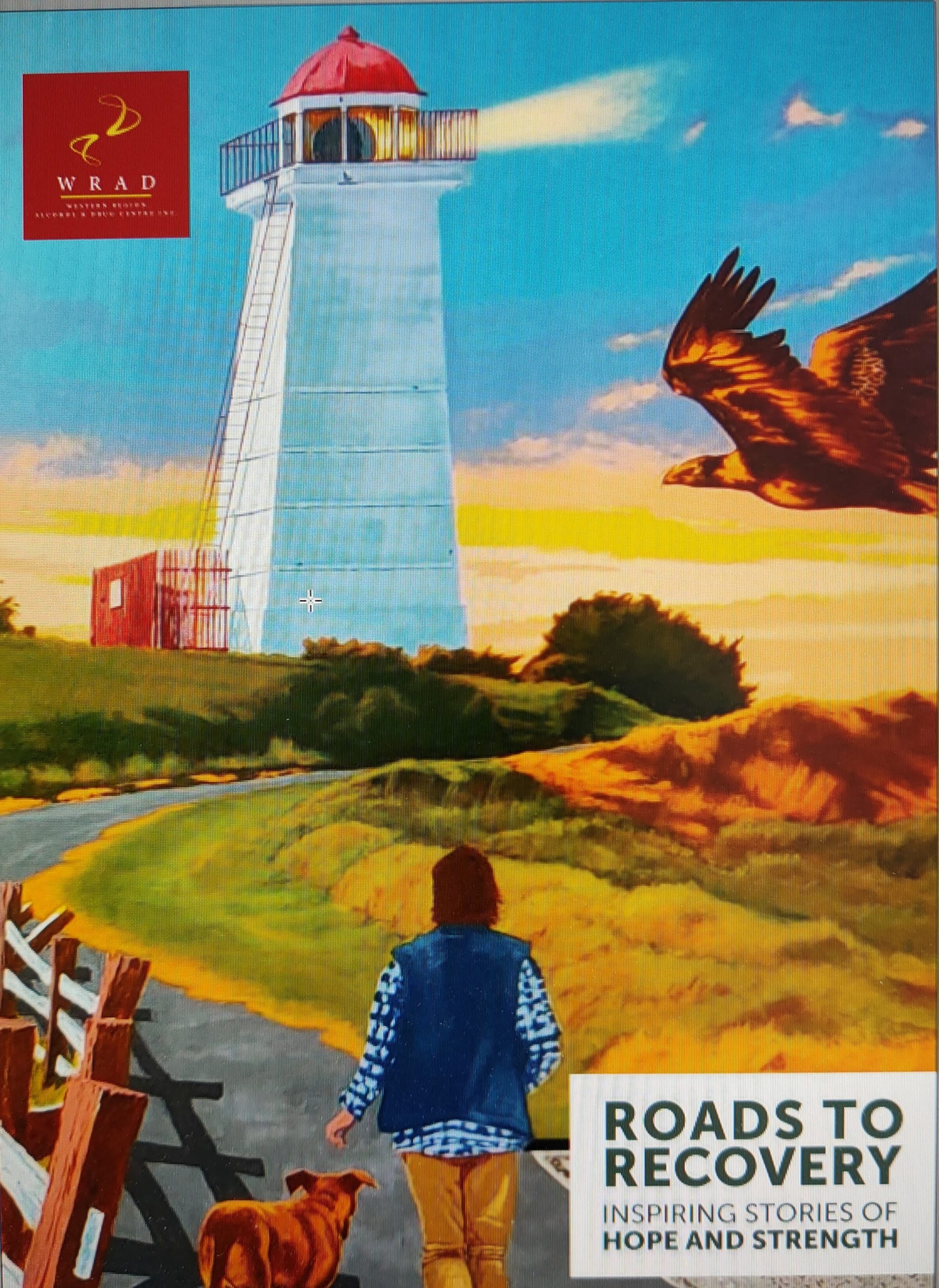
The booklet includes 10 entries from Western Region Alcohol and Drug Centre (WRAD)’s inaugural short story competition to showcase recovery from addiction, along with three profile stories of successful WRAD program participants.
WRAD Director Geoff Soma said the competition had exceeded all expectations.
“We were delighted with the response and the number of entries and quality of the stories,” Mr Soma said.
“The honesty and passion of the writers shone through, and these stories will provide encouragement for other people embarking on their own recovery story.”
Roads to Recovery: Inspiring Stories of Hope and Strength is now available at the WRAD Centre at 172 Merri Street and at www.wrad.org.au. Along with the competition entries, the booklet features three profile stories written by freelance journalist Rick Bayne.
Many of the stories relate first-hand experiences while others offer a fictional look at addiction.
The booklet has been sponsored by WDEA Works. CEO Tom Scarborough said WDEA Works was proud to support the WRAD Centre in printing Roads to Recovery and sharing the short stories of hope, recovery, struggle and triumph.
“It is our hope that the stories in this booklet reach those who need them and are kept in a place of pride by those who’s words and stories live within it,” Mr Scarborough said. “Thank you to the WRAD Centre for all you do for our community and to those who were brave enough to share their stories.”
Judge Paul Jennings, who writes a foreword in the booklet, said the stories had been extremely moving.
“Judging was an incredibly difficult task because all the entries were fascinating and brave and also a good read,” Mr Jennings said.
The booklet features Shae Husson’s winning entry, Recovery. Ms Husson went from asking a friend for a few joints to help her sleep to an ice addiction before recovering.
She said sharing her story had been eye-opening and rewarding.
“Months on from winning the competition, I still get stopped in the street by people sharing their own experiences and accomplishments with recovery. It’s created a `safe space’ of sorts and I love that I was a part of it. I hope other people may read it and be inspired to start their own recovery.”
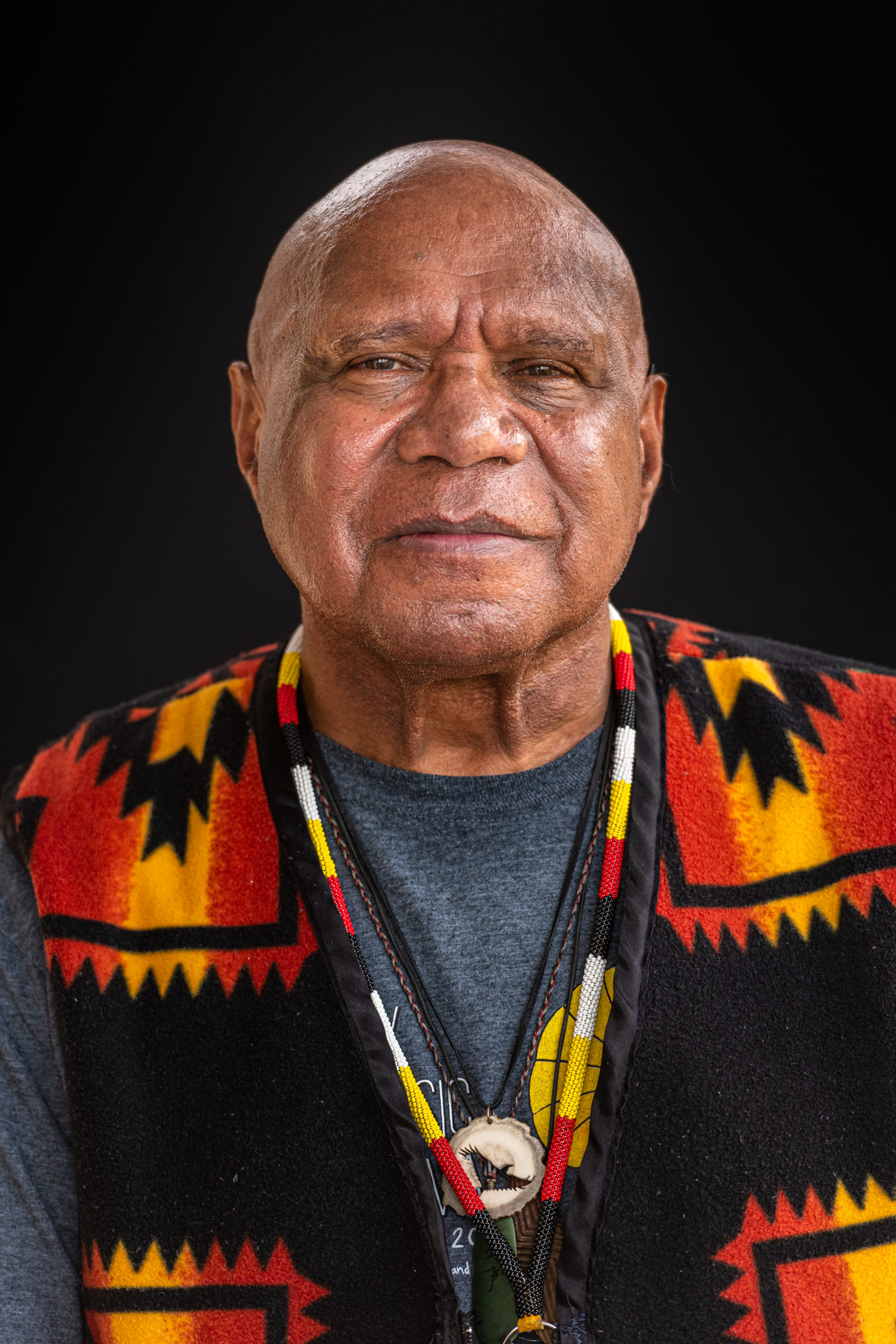
Children’s author Paul Jennings and singer Uncle Archie Roach have agreed to become WRAD’s new patrons and ambassadors to spread a message of hope for clients and families with complex alcohol and other drug problems.
Mr Jennings and Mr Roach will be involved in activities and promotions to highlight the effective treatment services offered by WRAD.
“Archie he will be a worthy ambassador for the work that WRAD delivers to clients in south-west Victoria,” WRAD Director Geoff Soma said.
Paul Jennings, AM, is a celebrated author who has written more than 100 stories and sold more than 10 million books. He was awarded a Life Time Achievement Award from the Children’s Book Council of Australia.
“Paul is passionate about recovery and providing hope for people whose lives are affected by alcohol and other drugs and mental health,” Mr Soma said.
Mr Jennings, who judged WRAD’s Stories of Recovery writing competition earlier this year, said he felt incredibly honoured to be invited to stand with the staff and supporters of WRAD as a patron.
“Most families in our society have been afflicted in some way by the scourge of addiction,” Mr Jennings said. “The Covid crisis has made their problems even worse. The need for a residential recovery facility in Warrnambool is absolutely essential. I heartily endorse the efforts being made to establish one and encourage everyone to support this wonderful work.”
Mr Roach said he was proud to be a patron of WRAD. “Recovering from alcoholism is part of my story,” he said. “It’s so important for people with alcohol and drug problems to have a service like WRAD that they can access for help. Rehab, as well as my music, saved my life.”
Mr Soma said WRAD looked forward to having Archie and Paul as WRAD patrons and being involved in activities and promotions to highlight the important work of providing treatment for clients and their families.
“Archie and Paul are testament to what hard work and commitment and passion can achieve and both are role models in the communities that they live and work in,” he said.
Archie Roach photo by Phil Nitchie
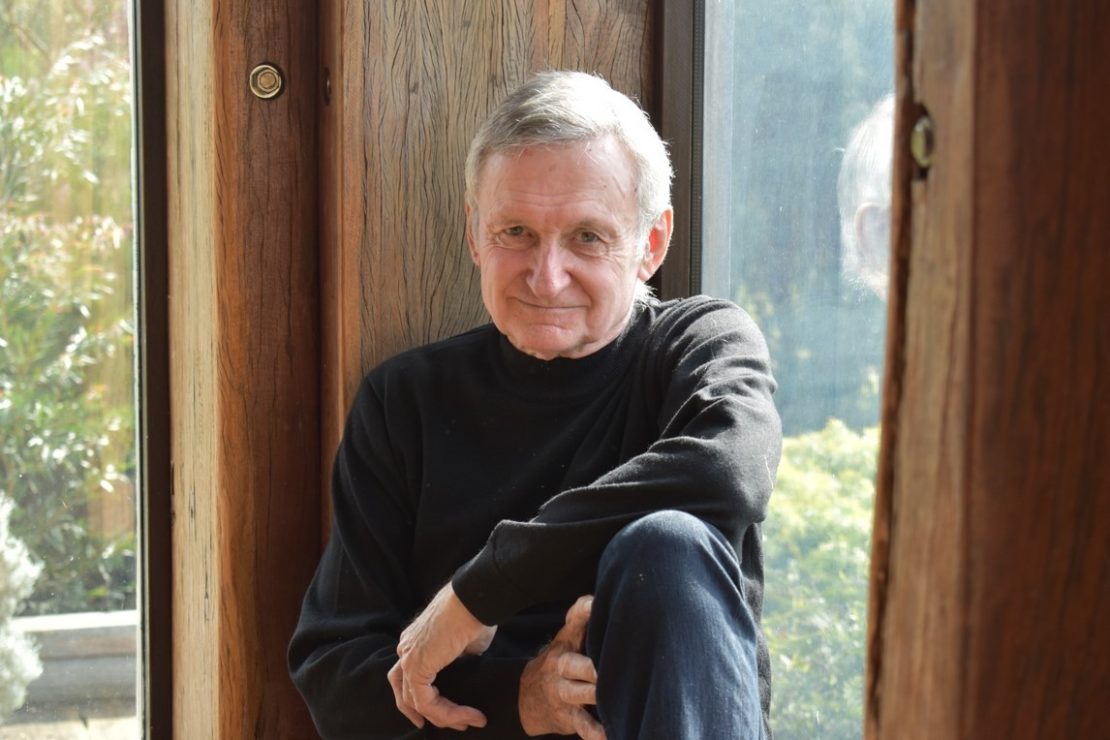

Alcohol is the number one substance use issue for people in south-west Victoria, and the percentage of people experiencing problems is growing.
New figures released by the Western Region Alcohol and Drug Centre (WRAD) show that alcohol is now the primary substance of concern for 50 per cent of clients.
That percentage has gradually increased during 2021 as the pandemic continues to cause concern.
WRAD operations manager Mark Powell said the local figures reflected the broader national situation.
In January, 42 per cent of WRAD clients presented with alcohol as their primary substance of concern. In February that figure grew to 46 per cent, March 48 per cent, April 45 per cent and in May and June it was 50 per cent.
The south-west Victorian figures follow the release of the Alcohol and Other Drug Treatment Services in Australia annual report 2019-20 that shows 139,300 Australians aged 10 and over received treatment for alcohol or other drug use. Nationally, alcohol made up 34 per cent of all treatment episodes, followed by amphetamines 28 per cent and cannabis 18 per cent.
Amphetamines and cannabis are also the second and third most prevalent causes of presentations to WRAD.
However, Mr Powell said there was a silver lining as there is a path to recovery for people facing substance use issues.
“We have very good research in what helps and WRAD has a lot of expertise and experience in helping people who have alcohol use issues,” he said.
“Since COVID, WRAD has become more proficient in using telehealth options to support people who are unable to attend face to face.”
WRAD has also increased services to the Corangamite and Moyne areas with additional funding from the State government under the Alcohol and Other Drugs COVID-19 Workforce Initiative.
The national figures show alcohol was the most common principal drug of concern in older age groups: almost 3 in 5 clients (58%) aged 50–59, and over 7 in 10 clients (74%) aged 60 and over received treatment for alcohol. The majority of clients receiving alcohol and other drug (AOD) treatment services were male (64%), and this was the same for those receiving treatment for alcohol use (65% male).
At WRAD, 22 per cent of clients are aged over 50.
Mr Powell said research showed that people often don’t seek help for substance use disorders until the long-term impacts become more severe. “We also know that the earlier someone seeks help for a substance use issue the better their outcomes are in so many areas of life, not just physical health.”
Anyone curious about their level of substance use or want to know more about the programs that WRAD offers can call 55 645777 and ask to speak with a clinician or visit www.wrad.org.au

WRAD has lost one of the driving forces behind its formation.
In the 1980s John McGrath was a foundation member of the Western Regional Association for Drug and Alcohol Dependence, which would later become the Western Regional Alcohol and Drug Centre (WRAD). He went on to become one of the longest serving WRAD committee members and was chairman from 1986 to 2000.
WRAD Committee of Management Chair Helen Taylor says John was always a committed community and family man.
“Within his parliamentary career, John always found time for local issues.
He had a deep understanding of community needs and listened to people’s stories and wanted to help people suffering from addiction illnesses.
“John was at the forefront in the establishment and growth of WRAD from its inception. He became the Chairperson of the WRAD Committee of Management and was a strong advocate.
“As Chairperson he operated a positive and constructive board. His desire was to begin and grow meaningful programs for addiction recovery and support.
“After his retirement, John moved to South Australia and remained in touch with WRAD. He continued to receive the WRAD newsletter and was a strong supporter of the Look Out Residential Rehabilitation plan.
“John had been unwell for some time but he continued to be proactive on many community issues. His wisdom and expertise will be greatly missed.
Our condolences go out to his family.”
In 2011, John reflected on his connection with WRAD for a booklet commemorating the organisation’s 25th anniversary.
The following is an extract from the booklet:
Former Warrnambool MLA John McGrath clearly recalled the significance of the day he took a friend to Melbourne to attend an alcohol and drug detoxification program. John collected the man about 5am and then dropped
him at the rehabilitation centre in the north-eastern suburbs.
At the time John was still a tyre dealer and had yet to enter the world of politics. He went off for his day of meetings with others in the tyre industry before driving home only to find the man sitting in his lounge room back in Warrnambool. “He had escaped and caught the train to come home to Warrnambool. He just couldn’t face up to being away in Melbourne doing this program,” John recalled. That was the day that John realised Warrnambool needed to have its own drug and alcohol service.
John had been through his own experiences with a drinking problem and had found help.
Now he was determined to help others. He was involved in the Warrnambool Drug Education Committee and soon became a foundation member of the Western Regional Association for Drug and Alcohol Dependence, which would later become the Western Regional Alcohol and Drug Centre (WRAD). “I had been interested in alcohol
counselling and had a longstanding interest in supporting people with alcohol and drug problems so I became involved,” John said. He went on to become one of the longest serving WRAD committee members and served as chairman from 1986 to 2000. He remained with WRAD after becoming the State Member for Warrnambool for the National Party in 1985, a position he held until retiring in 1999. “I had to leave some boards but WRAD was totally voluntary so there was no conflict. I stayed on the Board until 2000 when we
moved to Melbourne. I stayed because I fiercely believed in WRAD and what it does…I still do.” John remains in contact with WRAD leaders and was actively involved in the fund-raising campaign for establishing the WRAD Centre in Merri Street.

I can’t Believe it.
By George Webster, third place in the WRAD short story competition
Alarm bells ringing loudly, Nurses and Doctors rushed to his ward, and soon the Crash cart arrived, the doctors working feverishly on bringing him back to life. I watched this battle and the remarkable dedication of the medical team as they recovered this young man in his second drug overdose in as many months.
How was it possible for this eighteen-year-old young man to be so heavily addicted to drugs? It didn’t matter what he took, he was going to try everything just to deal with the pain he was going through. It must have been his parents’ fault that he was like this, where were they, didn’t they care, did they boot him out of home, what was his sin that was too big for his parents to accept, too many questions, no answers, who did he belong too?
Why did he just disappear from home one day, why was he drawn to this drug dependent community? They were now his family. Dean embraced the daily binge drinking, drugs were laid on, and the girls loved him, why would Dean want to leave this happy and disparate group? Dean was a clever guy and quickly learned how to propagate a crop of marijuana in sheds under lights, he was a champion student and was able to dry and prepare the weed for sale, he became a valuable asset to his new Community.
Dean could remember names, and he made friends very easily, his reputation was growing quickly, people liked him because he was very resourceful, if you wanted anything, call Dean; he’ll get it for you. He did stuff for plenty of people, and knew when to call in a favour, he was good, and he quickly became a respected driver too. Dean learned how to drive on the family acreage as a kid, slipping and sliding his car like a pro, Dean gained great ability and confidence behind the wheel of the car he was driving, he was good. Did you want something delivered, give it to Dean, and you know it’s done? Want to get somewhere quickly, call Dean he’ll get you there alright. Your car broken down? Call Dean, he’ll fix it for nothing. Dean was the “fixit guy”, nothing was too hard for him, after all, they were all his mates, weren’t they?
I forgot to mention that Dean would contact his parents when he needed help, needed a break, needed to recover. He would arrive home gaunt, ghostlike, spent, asking for food or money, and specking out the house for what he could steal to sell for more drugs, this happened so often over the many wasted years. Dean would say that his Drug Community was his family now, but he kept coming home to his “safe zone”. The food was good, and it was regular, and once sated, and, with fresh clean clothes again, he would disappear into the night. Dean had become a “night person”, he slept through the day and met his mates in the night, he was a “couch surfer”, putting his head down wherever he found himself, his life was not only back-to-front, but fully upside-down and inside out and simply wrong, but it was his life.
How many times did we his parents receive a call in the early morning hours asking whether we knew a young man called Dean and whether he was our son? too many times he was found beaten, overdosed or so emaciated that the skin on his body hung loosely over his bones, this bag of bones was our son, and we couldn’t save him, but, we again visited him in hospital, waiting until he was released from hospital to bring him home. Thirteen wasted years in the drug-soaked wilderness, what could we do as parents, we loved our only son, and were desperate to see him overcome and recover from this painful and debilitating disease.
Dean was raised in a Christian home, where he had learned good family values, we had placed our hope in Dean’s ability to respond to those family and Christian values and work his way back from the dark abyss of his dependance on drugs, and his reliance on his wild and irresponsible Community of addicts, his peer group, those who accepted him just as he was, because he was useful to them.
How could anyone imagine how desperate life would become for Dean’s family, when his dad had a terrible Industrial accident that would change the family’s life forever. Two years later, dad is still in terrible shape, his recovery was slow, his mind fully challenged, his mobility limited in a way that tethered him to slow movement, his recovery was terribly slow, Dad needed lots of help. And, the Cavalry finally came.
It was years after the accident before Dean’s next visit brought with it a promise to stay with Dad and help him get better. Dean was a new man, his commitment to help Dad never waived, Dean sat with his Dad, was quick to anticipate Dad’s needs, and was quick to stop his Dad slipping away to the tree that he’d identified to ending his own life, such was Dad’s trauma. Who in their right mind would spend hours each day sitting just watching chooks as they pecked, scratched and ate their way through the day, and yet, all this was therapeutic for Dean’s Dad?
The most amazing truth cannot be ignored, Dean in all this, left his Drug dependent Community, everything he’d known for thirteen years, and, in staying to help his Dad, and with medical help, Dean went “cold turkey”, and had finally but powerfully won his battle against his drug dependance.
Dean is now truly his own man, no longer the victim, but an active and vibrant man helping so many, Dean has a strong Community consciousness, and is quick to offer many the help they need as he continues to forge a life as a man committed to his own growth and self-development.
I’m a proud Dad, a father to a remarkable man. Dean has been clean for seventeen years. To me, he is a real champion, a giant of a man.
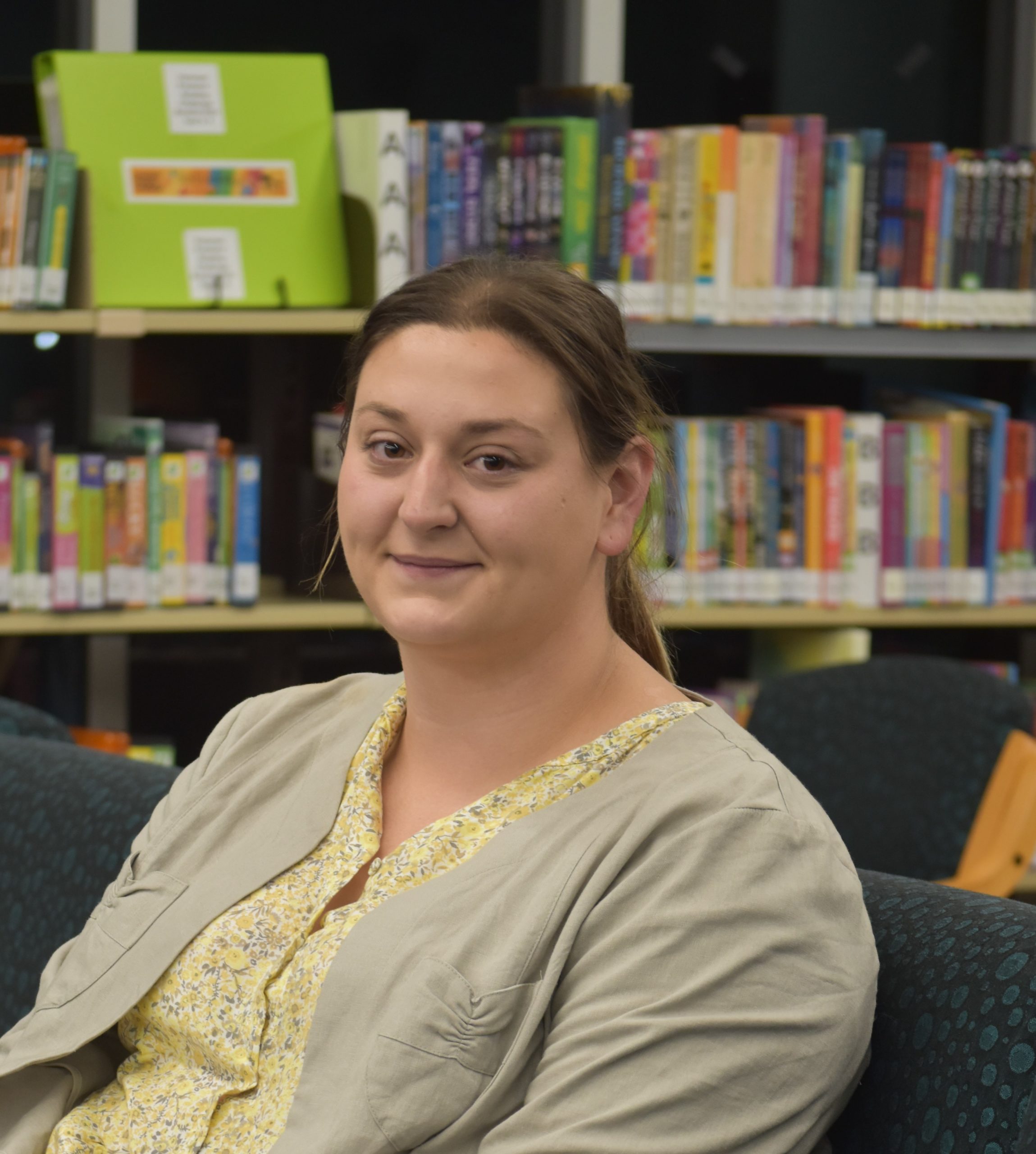
By SHAE HUSSON, winner of the 2021 WRAD Short Story Competition.
It took me less than four months to lose everything because of my addiction to methamphetamine and weed. In 2015 I had finished year 12 and moved to Warrnambool for work and potentially study. I came from a family that had so much love, support and was raised with good manners and morals. I was working three jobs, sometimes 80-hour weeks, until one day, I asked a friend to roll me a few joints as I was having trouble sleeping. Harmless right? I know people scoff about weed being a ‘gateway’ drug, but for me, it was. My drug confidence grew and the next thing I knew I was doing pills and lines of whatever on nights out. It didn’t take long to make ‘friends’ with other drug users where I then had my first try of ice and just like that, I was addicted.
During this time, I cut all contact with my family. I was so ashamed of the person I was becoming and I knew that it would hurt my family so much if they knew what I was doing. I remember my mum coming over from Portland one day, and I sat in the car telling her that I hated her because she was trying to take me to see a doctor. I was even more resistant to getting help after that day.
I loved being on drugs at the time. It was so easy. No bills to pay, no care in the world, nothing to lose, until it got serious, really serious. I became homeless, doing anything for money or some ice, or just to fill in time. I remember being so angry every time the sun rose, as another day passed where hadn’t slept. I once went 20 days with no real sleep.
I met so many people who had been or have now been in jail or suffering serious mental health issues. Late 2016 I was desperate for something to change. It was too hard to ask for help, I almost didn’t want my family to help me because I didn’t want to feel like I was losing the small amount of control I had left. I didn’t want my family to see me at half my body weight, scabby and paranoid. So, I broke into a family member’s home and stole something I thought I could get a good amount of money for so that I could continue running away from my problems.
I found out that the police wanted to talk to me, so I drove, and drove. I don’t even remember those few days, but I do remember sending my mum a love heart emoji because I thought I was going to kill myself. I can’t even begin to explain the pain that I felt. I knew I had fucked up my life. I knew there’re was no going back, that I would always have a record, always have this heavy fog following me, this sack of sorry’s to carry with me if I continued living. Somehow, for some reason, I found my way back to Warrnambool. I got some more drugs and, for the moment, those feelings slipped away again.
I came to the conclusion that there was no point running from the police. I had nothing left to lose anyway, and at least I would be fed and have a place to stay for a while. This was the best decision I have ever made. The detective that interviewed me didn’t give me a free ride, he didn’t say that it would all be okay, he was real and he gave me a chance. He treated me like a human when I didn’t feel like I deserved it. Since then, I’ve been able to hold my head high and thank the detective for saving my life. I can only hope that I can change someone’s life like he has changed mine.
Following my interview, I had to move home with my mum, dad and younger sister. My sister who was 10 was scared of me. She was genuinely fearful of me and I hated that. I was scared of me too, waiting for the explosion of rage or the urge to steal from my family again so that I could escape for a while. I fell pregnant while I was two weeks clean and realised that I had a responsibility to this child and could never consider drugs again. I attended drug counselling, weekly urine screening, got a job, completed my community corrections order and became a single mother at 20 years old. I’m now 24 and have just recently moved out of my parent’s house, I’ve also just got an amazing job and my life could not be better.
I’m not going to lie and say that recovery is easy. It isn’t. If you have a loved one who has a drug or alcohol problem, there’s no use telling them how wrong, useless or worthless they are, because they probably already feel like that. Remind them how beautiful they are, remind them of the good times and their accomplishments before drugs. If you have a mate that is going down a bad path, be there for them, try to give them other options than going to get or use drugs, go camping, be kind. If you are struggling with addiction, take it day by day, my advice is to try and separate yourself from that social group that use drugs to start with and go from there. It’s hard to ask for help, sometimes it’s hard to give help too, but it’s the most worthwhile thing you will do.
Shae Husson. Drug free since late 2016
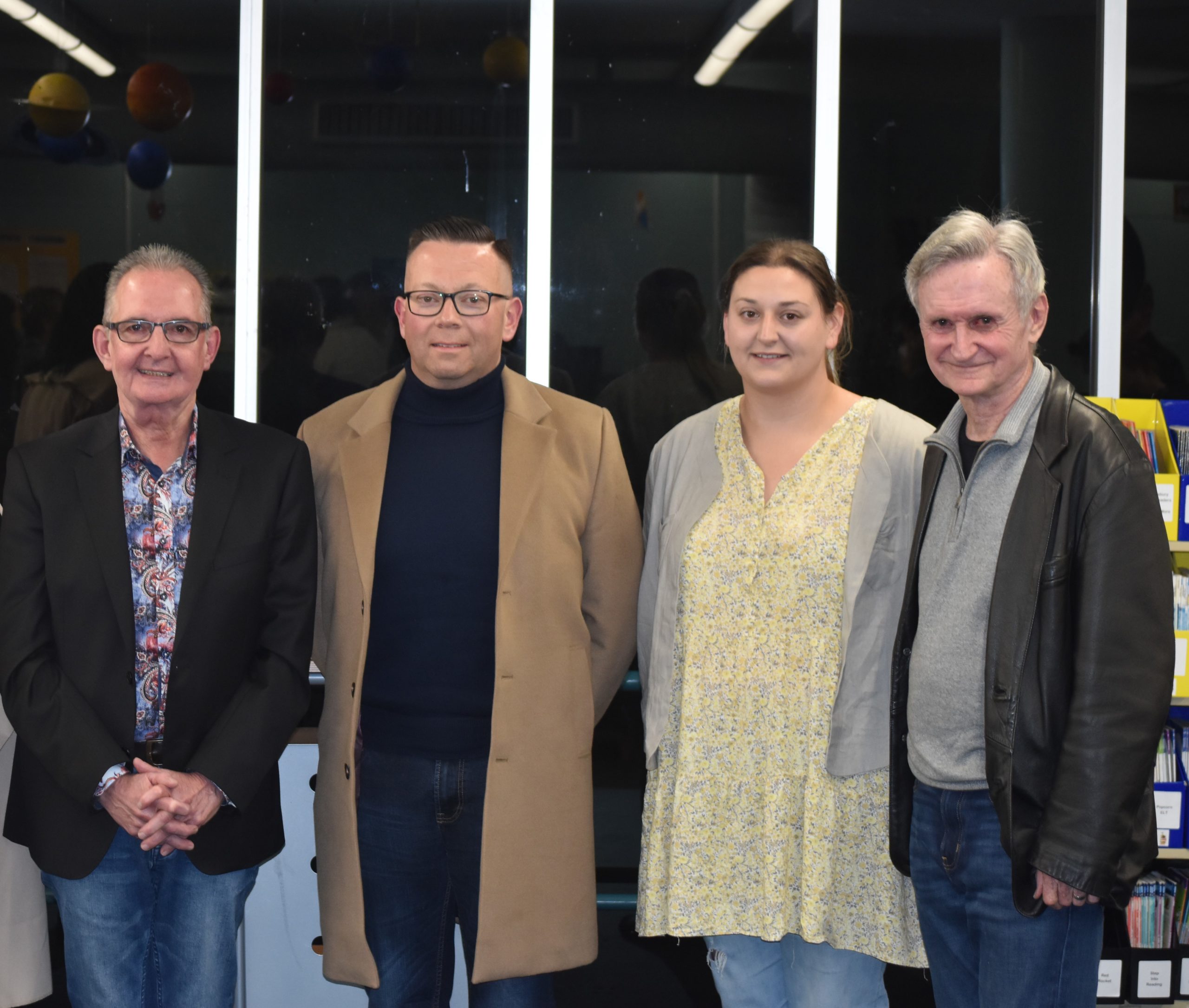
A Portland woman who has been drug-free since 2016 has won Western Region Alcohol and Drug Centre (WRAD)’s inaugural short story competition to showcase recovery from addiction.
Judge Paul Jennings said separating the entries was “an incredibly difficult task. “All the entries were moving and often heartbreaking,” Mr Jennings said.
WRAD Director Geoff Soma said the stories revealed brave, insightful and personal windows into the lives of people who engage in recovery.
Shae Husson’s winning entry, Recovery, detailed her descent into drug use after asking a friend for a few joints to help her sleep, which quickly escalated into an ice addiction.
Her turnaround started when a tough but fair policeman “treated me like a human”, prompting her to take up her family’s support and to consult a drug counsellor.
“I’m not going to lie and say that recovery is easy; it isn’t,” Ms Husson wrote in her story. “It’s hard to ask for help, sometimes it’s hard to give help too, but it’s the most worthwhile thing you will do,” she said.
Second place was awarded to Who Am I? by Ebony Bennett. “Who am I? I am a fighter, a survivor and an addict that found her way to recovery and happiness,” Ms Bennett wrote.
“Don’t give up on yourself, forget counting how many times you fall, that number is irrelevant- it’s how many times you get back up and try again that matters!
Ms Bennett has now landed her dream job as a trainee youth worker.
Third place went to I Can’t Believe It by George Hansford of Mortlake who tells how his son left behind a world of drugs to help him after an industrial accident.
“I’m a proud Dad, a father to a remarkable man,” he wrote. “To me, he is a real champion, a giant of a man.”
The winners shared $2500 prize money and WRAD selected an additional 14 entries to receive encouragement awards.
Mr Soma said the competition had helped to generate discussion and understanding about addiction issues.
“Discussing addiction helps to destigmatise the problems and to show people that it is a health issue that could affect anyone in the community. These stories also show that treatment works,” he said.
Emergency call 000
For medical issues call South West Healthcare 55 631666
For mental health issues call SWH emergency dep't 55 631 666 or 1800 808 284
For drug and alcohol issues call Directline 1800 888 236
For Lifeline call 13 11 14
Or click on the links below for help.
Recent Comments